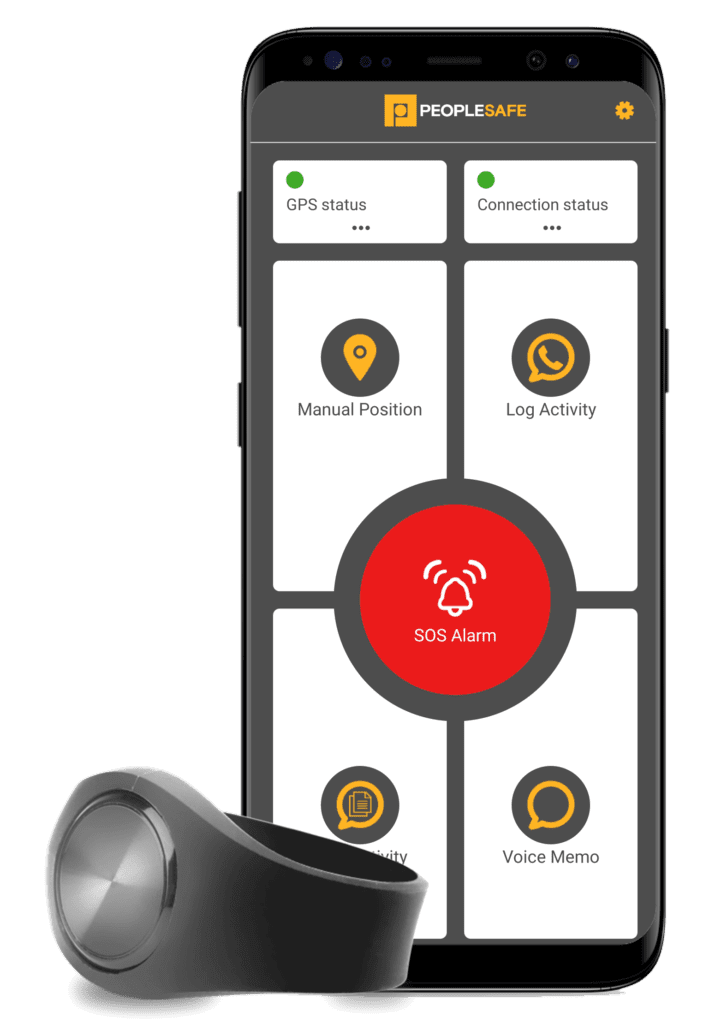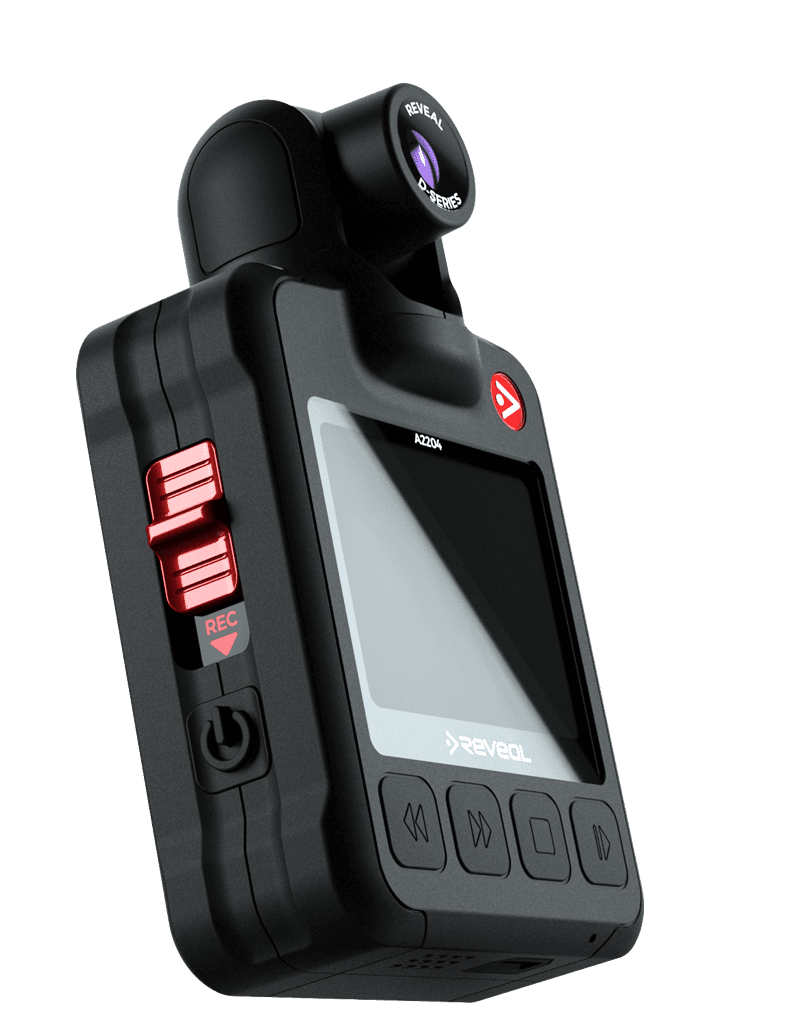Trusted by retailers to protect their staff
The risks for retail staff
Retail workers are commonly exposed to risks as part of their job description. They may be required to open and close the store; handle cash; deal with potentially aggressive or confrontational customers; confront shoplifters; make deliveries (to store or direct to customers) and support warehouse and distribution operations.
Read our report containing original research on how safety is impacting the retail industry.
Low Risks
- Working in remote areas in-store away from colleagues
- Staff travelling from stores / offices
- Lone working office staff
Mid-Level Risks
- Abuse, violence, aggression from customers
- Managing deliveries
- Out of hours operations
- Lone trading
- Slips, trips, falls and health incidents
High Risks
- Terror threats, disease outbreaks, weather incidents
- Cash runs
- Risk of attach, robbery / ram raiding
- Open / closing stores
Why implement Peoplesafe?
Despite spending over £200 million on crime prevention, retail and hospitality workers have the biggest safety concerns – more than any other sector – with 27% of employees thinking about their safety at least once every week.
Retail stores and settings are often not equipped with the means for staff to call for help if they feel unsafe, threatened or have an accident.
UK retailers are already taking decisive steps to improve employee safety by implementing Peoplesafe and equipping their staff with personal safety solutions. The benefits of this move include:
- Giving stores a roaming panic alarm, rather than a fixed one, that can be used outside of the premises (e.g. for cash runs as well as opening and closing).
- Peoplesafe owns the URN which removes the risk of losing it.
- Guaranteed level 1 police response when required.
- Better evidence capture and easier reporting of incidents to CPS for prosecution.
- Cost saving versus physical security.
- A suite of solutions to mitigate multiple different risks.
- Can support an organisation’s goals to achieve ROSPA Gold and other awards.
Wellbeing in Retail
The retail industry is a challenging place to work with staff dealing with the aggression of stressed customers, supply chain issues, skills shortages, under-resourced teams and other problems. However, there is now a cultural shift from retailers towards putting people’s wellbeing at the core of their businesses. Wellbeing is a source of competitive advantage, particularly for Gen Z, as people’s expectations of employer responsibility is changing.

30% said abuse of staff by customers is negatively affecting wellbeing

1 in 5 employees said they would rather not work in retail anymore

Tackling abuse is the number 3 top priority for retailer’s core strategies














